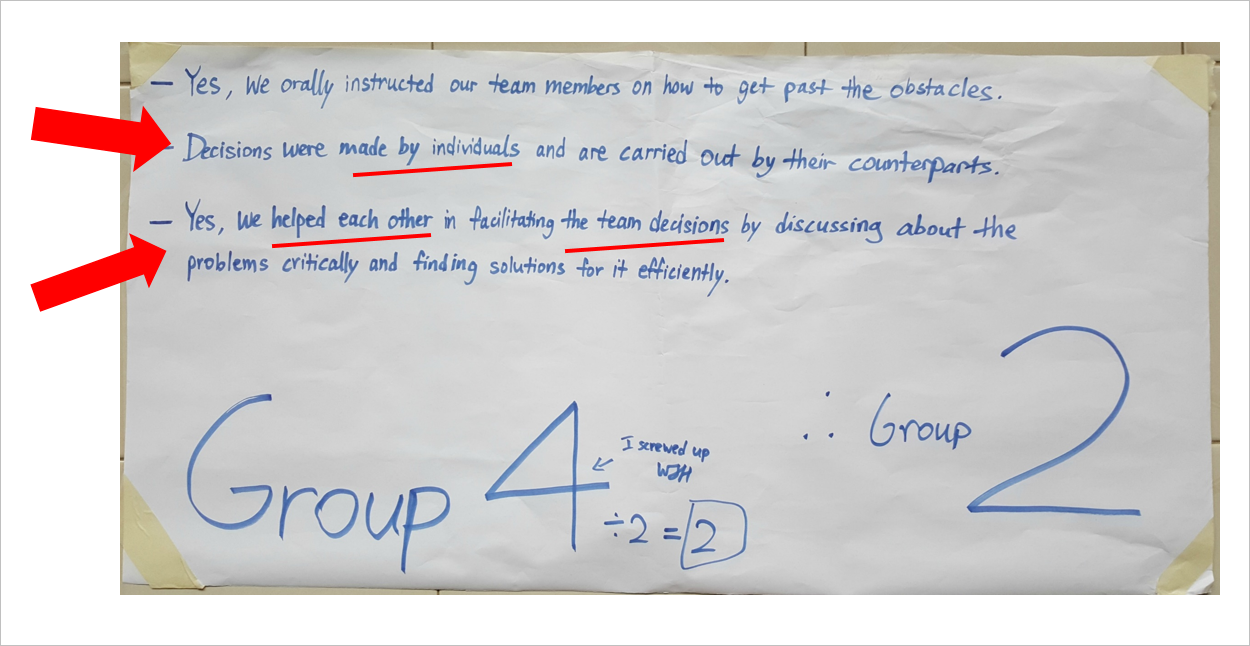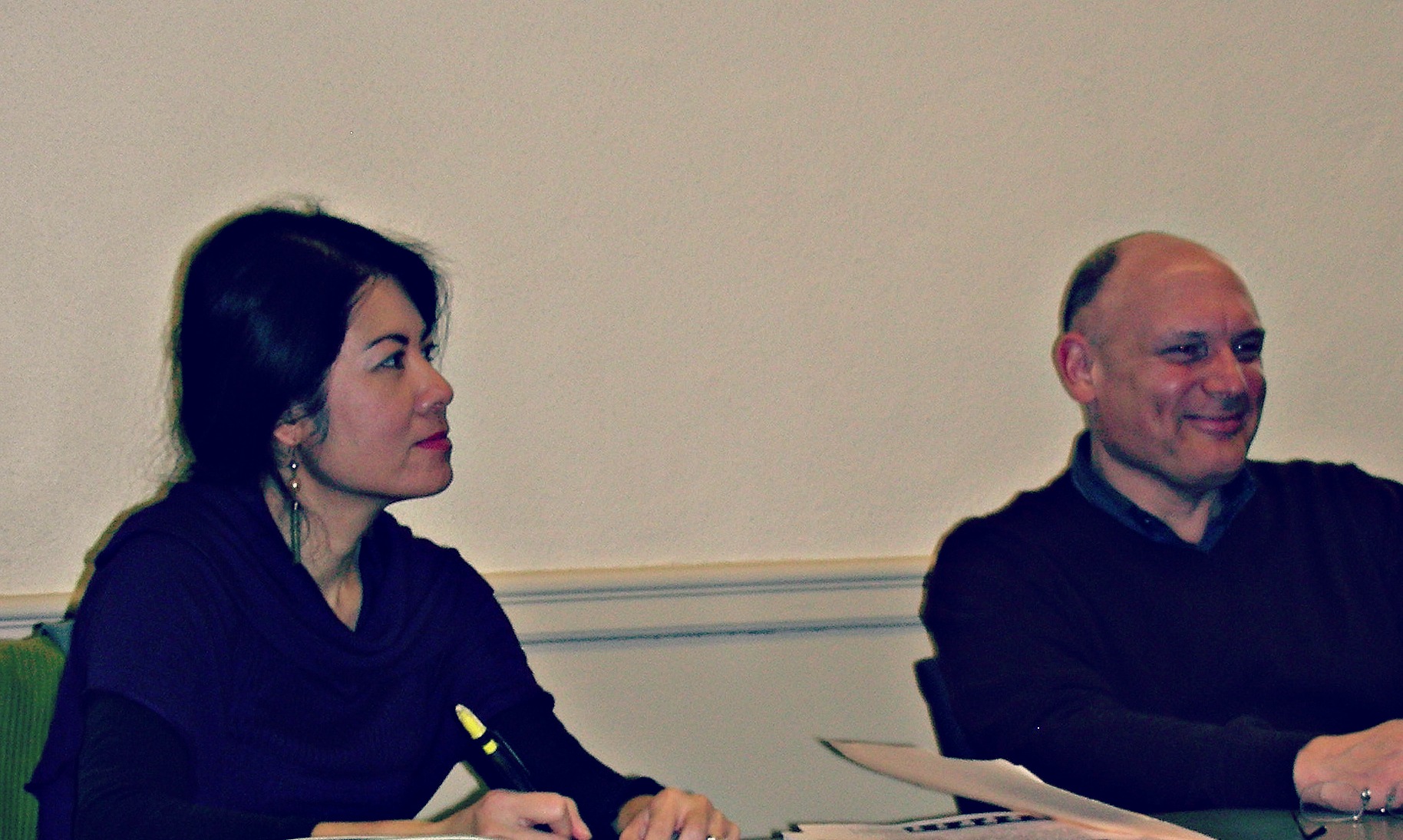-
3 Favorite Things I Saw This Week (and Last)
[Note: I wrote this post during the last week of 2017] This was last week’s selections but is just as blog-worthy to note. So here they are: Mirai Nagasu’s Redemption Skate: How to Fail Forward Figure-skating was a huge part of my life when I newly relocated to the USA. How “huge”? A rough measurement would be to take a count of the number of Winter Olympics’ women’s berets I own. Thus, when the US Figure-Skating (FS) Championships came on TV last Friday, I was riveted to the screen; although I…
-
Get me to OLC Innovate 2018 on Time!
The OLC Innovate 2018 Call for Proposal deadline is this Wednesday November 1. I’m rushing to get my proposal written with a graduate assistant this weekend. Doing this reminds me of my virtual participation this year via Virtually Connecting. I had not blogged about it, but it is a moment worthy of cherishing. In 2017, I wasn’t able to be in New Orleans because I had just returned from a Coursera Partners’ Conference. I wrote a bit about my virtual session and left it at that. When I received a…
-
20 Minutes of PD Time
Two days ago, I was reminded by Thomas Oppong in a LinkedIn referral by Arianna Huffington to schedule 15 minutes of personal development time into my weekly calendar. I do that almost daily, but I don’t spend too enough time reflecting on what I’ve curated. This week was a fairly good week in that I had time to gather a number of learning nuggets and spend a bit of time painting/doodling (see next blog post). Thanks goes to: @JennBinis; @hj_dewaard; @ProjectZeroHGSE; @ShelfieTalk; @SN-Hangout for the learning nuggets. This was sketched by…
-
Competency-Based Education 101: An Animated Tale
Related to the previous post, these videos were created as part of the CBE module using GoAnimate. Want to learn more about the “new” educational approach? Check out my videos. A new focus on Competency-Based Education (CBE) [1:17 min] A quick survey of CBE [2:25 min] Some questions about the CBE approach [1:25 min]
-
Learning Bytes: OopsEd, Books and Buzzwords
A Byte of 2016 OLC Accelerate The 2016 OLC Accelerate came to me today via Virtually Connecting. A major takeaway was the reference to what is called accidental learning by Roz Hussin and her students from the University of Nebraska-Lincoln – learning from the “Oops” moments of our lives. The following video captured our interaction of ideas with onsite and virtual buddies: Born a Crime This is an enticing book title. It sounds grammatically or syntactically incorrect, but is not, because author Trevor Noah is simply telling us what it meant…
-
Because You’re an Extremely Experienced Student: Thoughts On Completing MOOCs
[The following image is a collage of one of my course-inspired Makes. The collage has 8 images of ways I had denoted the concept of teapot. I used charcoal drawing, gel pens, oil pastels, ink, cutouts and other art movement styles to create the images. This reflection began some time in written form in July 2016.] I get it. The word “MOOC” conjures up notions of hype and hoopla generated some 3 to 4 years ago, when Coursera, Udacity and some brand-name institutions launched free short open-access courses and invited the world in. [If…
-
Visible Thinking: Land Mines for Explosive Learning
Those who teach know that on some days we question if what we do is making any dent in our students’ armors (shields some put up, unintentionally, maybe). This week had one of those days, and several others that were not so. Those good learning-teaching days? They are not of the kind Tim Slater wrote about. The kind where students sit passively to just watch me, watch videos, take notes (or not) and listen (or not). No, a good teaching/learning facilitation day is when the students speak, a lot, with focus…
-
A Reflection on Teaching: Connecting with Learners
After performing a thrilling paso doble that went silent for several bars – allowing the audience to understand what DiMarco experiences when he’s dancing – he says he realized the Mirrorball was within reach. “That really hit me hard, and I felt like, ‘I have the potential of winning this,’ because I could feel the audience really connecting to me, and I thought that was the whole point of me being on Dancing with the Stars. It wasn’t about the dancing itself, it was about me connecting to the audience.”…
-
Grids and Gestures: 6 Learning Takeaways from Exploring Comics-Making
[Note: It’s about a week since I finished the last doodle. Here are some key takeaways from this collective exercise. Learning is a complex phenomenon and occurs in varied learning conditions. Learning takeaways abstracted from this collective exercise may not be applicable to ALL learning contexts.] 1. Make learning doable. When Nick Sousanis, cartoonist, scholar, teacher, art critic, author of Unflattening, put out a Twitter call for participation in a collective comics-making exercise, I knew I could probably do it. Unlike other projects which typically took longer time, and which…
-
The Insanely Great Steve Jobs and His Overexcitabilities
Walter Isaacson’s biography of Steve Jobs, is a pretty intense read of about 600 pages, like the subject himself. What motivated me to press on was the graphic novel by Jessie Hartland. The quirky short novel provided an entertaining summary of Jobs’ life and left me wanting to know more about Jobs’ design approach and thinking processes. I was determined to finish those 600 pages! Much ink, figuratively, has been spilled over Isaacson’s book. Jobs’ inner circle disdained it. Aaron Sorkins’ movie which was based largely on the book was panned but snared a Golden Globe – Jobs’ wife called…
-
A Critical Conversation about Instructional Design
Dear Maha, Thanks for the interesting conversation around the use of the terms Instructional (versus Learning) Design. I will do my best to respond to your question about resources and add some quick thoughts along the way. “Instructional” Theories Several scholars in the field have written about the history of ID. It’s been a while since I completed doctoral studies in ID and I don’t have all my books with me. Robert Reiser and Michael Molenda have written about the history and philosophical origins of ID. As to ID theories,…
-
Self-Organized Learning Environment & Child-Driven Education
Minimally supervised learning and computers in the slum areas of India; an idea that arguably inspired Slumdog Millionaire, the hit movie. The original concept of Sugata Mitra was Minimally Invasive Education, which has evolved into its current iteration of Self-Organized Learning Environment. Critics have labeled projects of such nature ones that “[d]ump hardware in schools, [and] hope for magic to happen.” Others are more scathing. I feel we don’t have to assume that only one scenario is possibly realizable. That children are either destructivists (is there such a word?) or constructivists. Are children capable of teaching…


